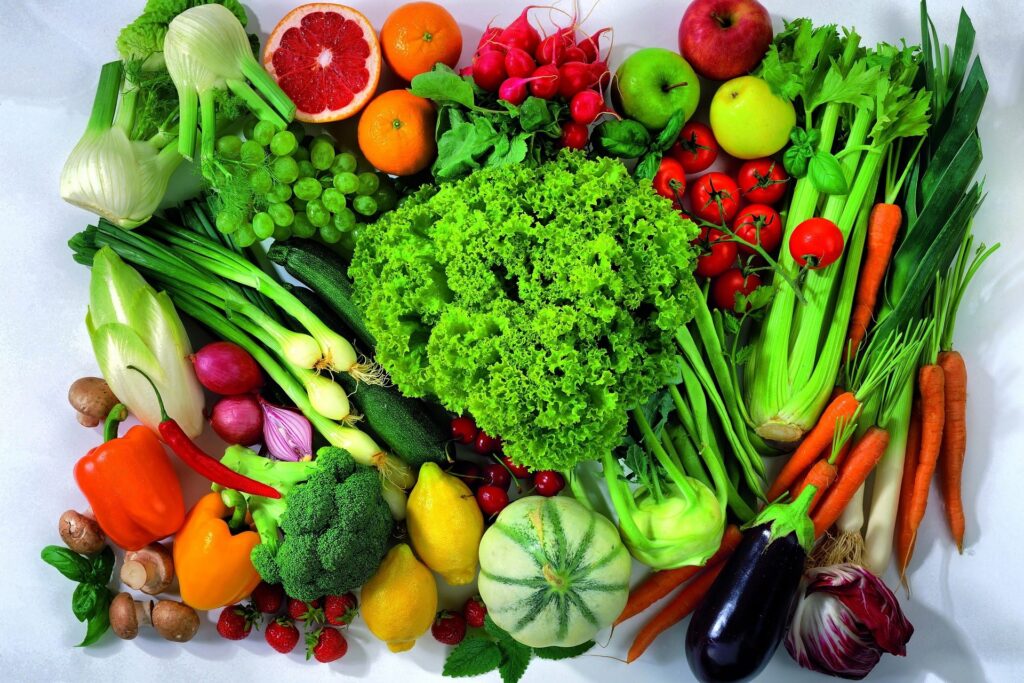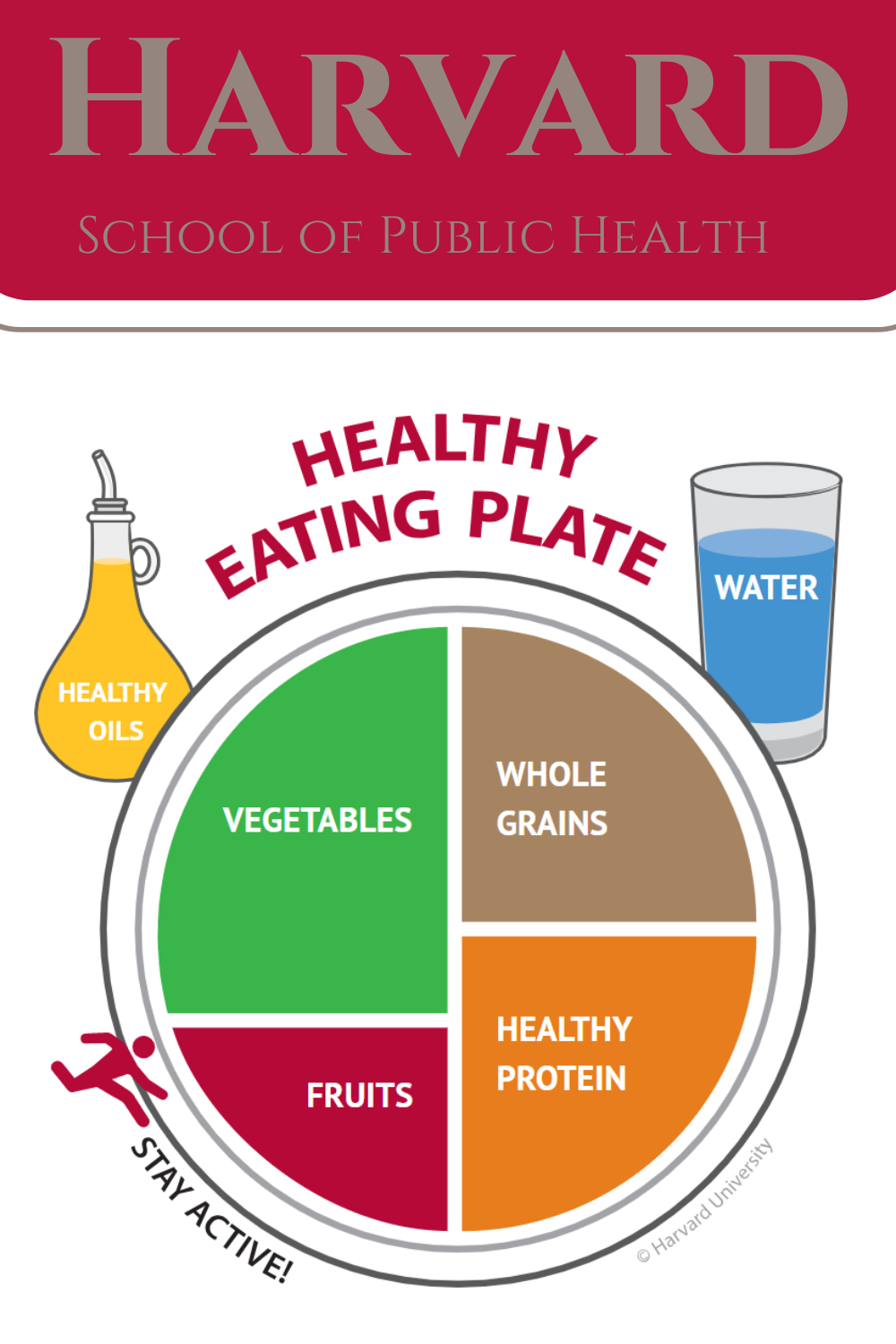Sharing is caring!
What is Healthy Eating?
Do you feel nearly assaulted by all the advertisements for fast food, convenient diets, pre-made meals that you have to eat…like forever?… to keep the weight off. Do you feel completely lost when it comes to keeping track of what’s good for you and bad for you and all of the above? All of this can leave you asking “what is healthy eating exactly?”
Not only am I going to answer this questions very plainly, but I will aslo provide some very easy and trustworthy resources to answer this question. I’m also going to recommend ways to be mindful of what you’re already putting in your body in comparison to the foods that we talk about in this post. Finally, I’m going to talk about how to super easily add these recommended foods into your meals.
This post may contain affiliate links to products I’ve tried and love. Please go to my terms and conditions page for more information.
Let's Start with Some Education
My favorite resource to refer to when it comes to general nutrition advice is the Harvard University Healthy Eating Plate.
Their first bit of advice is to make HALF of your plate veggies (potatoes not included). The more color variation the better.
One fourth of your plate should be whole grains vs refined grains. Whole grains have a moderate effect on your blood sugar compared to refined grains. Whole grains include:
- Whole wheat
- Barley
- Quinoa
- Wheat berries
- Oats
- Brown Rice
One fourth of your plate should be protein which include:
- Fish
- Beans
- Nuts
- Poultry
**Limit red meat and processed meat such as hot dogs and deli meat.
Lastly, include healthy plant oils such as:
- Olive
- Canola
- Soy
- Sunflower
- Peanut
- Avocado
It also mentions drinks! Coffee, tea, or water are the cleanest drinks to consume. If you love juice or milk keep it to one serving a day.
The Harvard University Healthy Eating Plate also emphasizes that the quality of food is more important than the amount AND that we also need to stay active in addition to the well-rounded food choices.
Some Heavy-Weight Health Foods
I just want to point out that the list of recommendations from the Harvard University Healthy Eating Plate is short and simple. So, what if we made our diets like that? Simple?
We can!
Let’s go over what certain foods do for you that we might increase your motivation to consume them, shall we? I’m going to make this as simple as possible because sometimes it’s overwhelming to learn too much all at once. If you want to read more about each veggie that are listed then go to this website.
Leafy greens & broccoli: They contain an abundance of carotenoids that block the early stages of cancer.
Peas: provide fiber & protein and hold several important vitamins
Sweet potatoes: rich in fiber and help regulate blood sugar
Beets: full of heart healthy nitrates and antioxidants that are especially helpful for people with prediabetes and diabetes
Fermented Veggies: Healthful doses of probiotics that help improve gut health
Carrots: Vital for healthy eyesight and may also have cancer fighting properties
Onions: The good ol’ onion may help to combat cancer & has several important vitamins in them
Garlic: It’s a natural antibiotic!
Seaweed: Chlorophyll (anti-inflammatory) & plant-based omega 3 fatty acids (essential for health)
Cauliflower: Adds necessary fiber to your diet and may help combat cancer
Alfalfa Sprouts: Vitamin K (helps to create critical proteins in the body), anti-inflammatory and antioxidant effects
Bell Peppers: contains 5 different types of antioxidants and necessary vitamins.
How to make Healthy eating EaSy
If you add these simple veggies as FIXED ingredients on your grocery list regardless of what you’re planning to cook then they WILL find a way into your daily meals.
I buy the same veggies every single time I shop and often prep them the same ways as well. Since I do that, I always manage to consume them even if it does seem to be a repetitious way to eat! I’d rather be healthy and kind of boring than un-healthy and exciting with my food choices. I also must say that you can also be exciting with veggies. I’m just too tired to try all kinds of new recipes on a regular basis…thanks to my adorable but exhausting little tots!
I’m going to share what I do to prep food for the week so that we always have something in the refrigerator to pull out and eat quickly.
I make the following things very easy to pull out or to heat up:
- Steamed broccoli
- Roasted Brussel sprouts
- A mix of roasted veggies like cauliflower, baby carrots, bell peppers, zucchini, and onions
- Shelled Edamame (I buy frozen, heat up and add a smidge of butter and seasoning)
- Caramelized mushrooms and onions
Quick and easy grains I make a head of time and then store:
- A mix of brown rice and wild rice
- Quinoa
Veggies I chop ahead of time to be able use for dinner fast:
- Bell peppers
- Onions
- Baby spinach (I buy it pre-washed)
- Sweet potatoes
Other veggies I cook that are fairly easy to prepare:
- Fried eggplant
How to Cook: cut them into discs, allow to leave them out a bit with a sprinkle of salt to “sweat,” cut them into large cubes, “bread” with seasoned and ground walnuts and bake at 400 until crunchy on the outside and soft on the inside (about 25 minutes)
- Kale chips
How to Cook: Rinse small pieces, in oven for 3 minutes, pull out, 1 tbsp EVOO + a pinch of salt, swish around the hand and then back in oven for 5 minutes
- Cheyote
How to Cook: I skin this veggie, cut in half lengthwise, cut out the fibrous center, then roughly dice it and cook it with bell peppers and onions
Sweet potatoes:
How to Cook: Skin, cut into discs, heat up some oil in a pan, place the discs in the hot pan and then season with some salt and pepper and they are a sweet and savory addition to whatever meal
Some seasonings that make veggies delicious fast:
- Ranch powder (make your own with onion powder, garlic powder, dill, parsley, and salt)
- Everything bagel
- Furikake OR Five spice Asian blend
- Zaatar
This is by no means a creative and genius list but it’s my second nature routine that I’ve come up with to ensure that my family and I always have a healthy eating plan.
With the prepared veggies we always add a portion of grains and a protein and, boom, you have a meal!
If you’d like you can add cheese or some kind of sauce to change it up even more.
Side note for VEGETARIANS: We are vegetarians, and my husband is lactose intolerant so we use vegan cheese (some of our favorite brands are Chao and Violife) and “meat” and we use Tessemae’s Salad Dressing to add as a delicious sauce to our grain bowls.
My main message is this: make adding veggies into your meal as easy as possible. If you hate veggies put them in a blender until it’s finely chopped, add it into a sauce or straight into your grain or into the dish somehow and you barely notice it.
There’s no doubt that having a regular portion of veggies will 100% enhance your life both short term and long term. Practicing putting them into your diet by either hiding them or making them the star of the show in your dish will benefit you many times over. So why not try?
My Proposition to You...
The last part of this post is a proposition: jotting down what you consume in a day. I’ve done this myself and done this with clients. Each time, there has been a little bit of shock at what is being consumed. Many people believe they are engaging in healthy eating but come to find out that some things they eat are not so healthy.
Writing down what we’re eating exposes what’s IN the food we’re eating because most of the food is coming from a jar, a bottle, or a package. The person that makes EVERYTHING from scratch is rare because most people do NOT have that kind of time. We buy pre-packaged cheese, salsa, chicken broth, bacon, deli meat, crackers, hummus. You name it and typically someone else has packaged it for us and has included some kind of chemicals or additional ingredients to it to make it taste better or to make it “hyperpalatable.”
When you’re writing down what you eat you can evaluate how much added sugar you’re consuming and how many carbohydrates and protein and so on. I know this information can seem menial but it’s a big deal because it’s the FUEL we’re putting into our bodies and what if the fuel we use is low quality and barely nutritious. That can lead to us feeling tired, weak and/or bloated and can lead to sneaky weight gain. No one wants to feel that way!
This is why I propose taking data on what you’re putting into your body for just one day and seeing what you find. You may be surprised, or you may be proud. Either way, it leads to being more mindful of the choices we’re making when it comes to our diet. And being more mindful in this chaotic, attention scattered world is ALWAYS an accomplishment and a healthy choice.
Readers, I hope this post was an easy read but also an eye-opening one. Are you eating the veggies and proteins listed above? Do you feel like you can throw some healthy foods into your meals so that quality of life will improve? Will you take data on what you consume just for one day?
Until next time!
Kristi
Written by Kristi, May 28th, 2023
Sharing is caring!


This works for toddlers too!